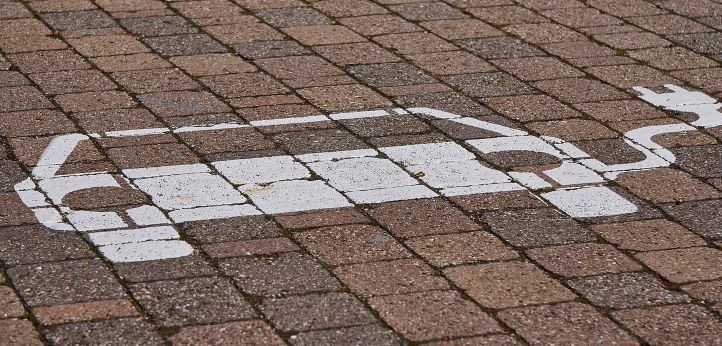Yesterday, the coalition partners of the Federal Government took far-reaching decisions with great significance for mobility. Alexander Jess, Managing Director of the Association of International Motor Vehicle Manufacturers (VDIK), commented: “The modernization package of the Federal Government can give a further boost to zero-emission drives in passenger cars and trucks. We welcome the fact that the Federal Government’s decisions strengthen the technological openness in the transport sector. This will enable a variety of climate-friendly drive technologies and fuels to make their contribution. E-fuels are particularly important for reducing CO2 in the vehicle stock.” However, the decisions also pose the risk that mobility and transportation will become even more expensive. The planned increase and expansion of truck tolls would lead to significant additional burdens for many companies. Jess also criticized the fact that increasing revenues from the truck toll would not benefit the road infrastructure, although the need for maintenance and renovation is enormous.
The German government intends to further support the ramp-up of zero-emission commercial vehicles through numerous measures. Jess emphasized: “Truck manufacturers are producing zero-emission trucks and supplying these vehicles to their customers. However, the necessary hydrogen and charging infrastructure for heavy trucks is still in its infancy. There is now no time to lose in building them.” In addition, the promotion of zero-emission commercial vehicles is to be expanded. The German government has already promoted climate-friendly trucks and related infrastructure through the so-called KsNI program. “However, the program needs to be significantly de-bureaucratized to have a greater impact.”
With regard to the announced reform of the “climate label”, the VDIK urged for speed. The motor vehicle industry has now been waiting for a new version of the Energy Consumption Label Regulation for more than five years. Due to the changeover to WLTP, in some of its parts, the regulation is no longer applicable. The additional requirements for the label must not further delay the overdue amendment under any circumstances.





